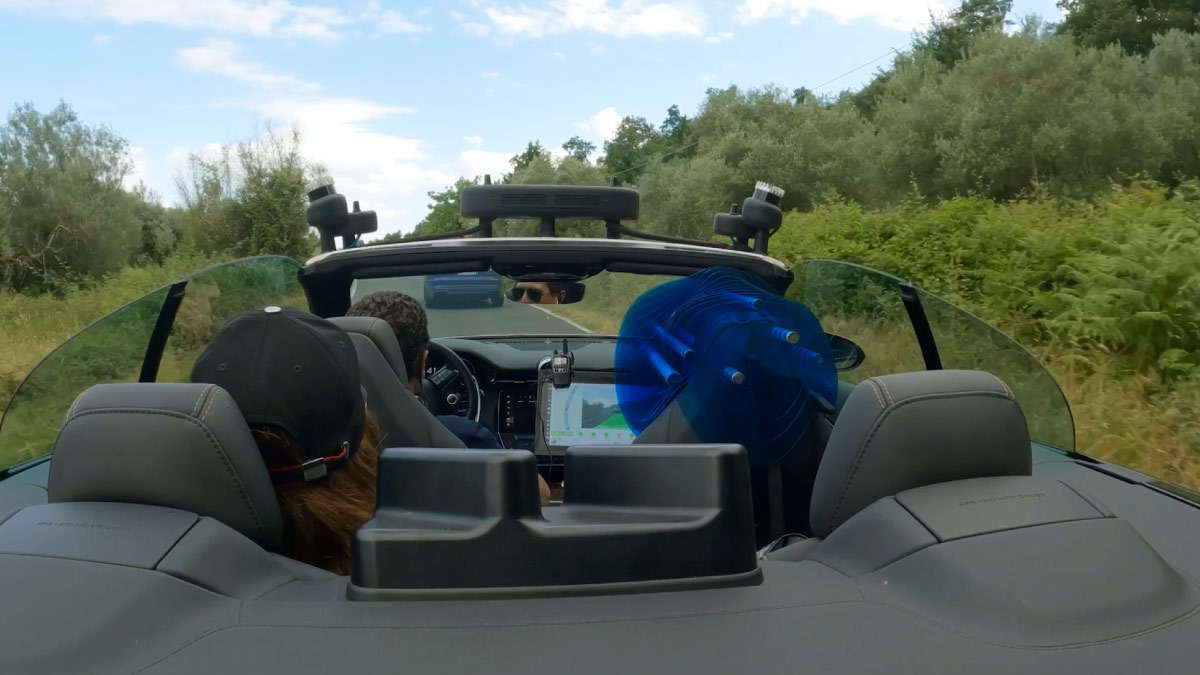More than 17 million millennial women in the U.S. have become mothers, according to National Center for Health Statistics. And, of course, that demographic—people born 1981 to 1996—have digital technology, especially mobile phones, practically in their blood. So it’s only natural this generation of parents would look to their smartphones for assistance.
At the same time, as technology increasingly becomes an integral part of older folks’ lives, they’re also turning to tech tools for help with childcare and other family duties.
That’s why there’s an ever-growing population of tech companies are focusing on “famtech”—apps and websites aimed at helping parents and other relatives with child-rearing and a variety of family matters. Here’s a look at three such enterprises.
Facetime meets Kindle for kids
Kids who are read to regularly at home have significantly better learning outcomes than others, according to the National Center for Education Statistics. But what to do if you’re on a long-distance business trip and you won’t be back for bed-time? Sure, you can read a story over Skype, but the logistics are pretty awkward and inevitably you and your child aren’t on the same page, literally.
That’s the problem Miami-based Caribu is addressing. Founded in 2016, it has a platform through which grownups can engage with kids when they’re not in the same physical location. Specifically, it allows for video chatting, through which each party sees the same book at the same time on their screens, as well as the ability to draw and write.
See also: Female-led STEM activities target young women
“Think of it like Facetime meets Kindle for kids,” says CEO Maxeme Tuchman.
To that end, the platform includes a library with dozens of books for kids, from infancy to 12 years old, including educational workbooks. So if a child is learning to write, say, the letter “A”, you can practice together in real-time.
“It looks like a ghost is drawing on your screen,” says Tuchman. “But the child is drawing on the other end and you see it on your side.”
The platform is aimed not only at millennials, but also grandparents and military parents deployed far away. In fact, Caribu’s founders came up with the idea after seeing a picture of a soldier awkwardly holding up a book to a webcam, in a somewhat successful attempt to share the pictures with his child.
A private virtual messenger platform to show off your little ones
Parents want to share news and pictures of their kids with family via social media. But, especially if a lot of people are involved, they often face a maze of different messaging, photo sharing and other apps.
Enter Edinborough-based Kindaba. Launched in 2017, it offers what the company calls a “private virtual messenger” platform. Its app consolidates family communications into a private platform, allowing people to share pictures and videos, make and receive calls and send messages with just their family network. A machine learning capability allows the system to pinpoint what you like and not pester you with stuff you’re not likely to care about. Also, it’s ad-free, so there are no worries about ad targeting software, and Kindaba doesn’t sell users’ data.
See also: Innovative new apps helps Brazil's economy
While families can share whatever they like, “the main reason people come on is to share photos of their children,” says Gelb.
The company is hoping to ride the current wave of interest in more defined social networks. With that in mind, it’s built a platform shaped to family communication.
“Our take is that your family persona is different from the persona you have with your friends,” says Gelb. The platform is still in beta.
Baby monitor 2.0
Kurt Workman’s wife had several heart operations when she was a baby. And a cardiologist told her that her kids would be at a higher risk for similar health problems. So, around 2013, when they started thinking about having kids, Workman, a chemical engineer, decided he needed a better way to keep track of his babies’ heart rates.
When Workman heard about pulse oximetry he knew he’d found the key. A test for measuring the oxygen level of the blood, it’s an easy way to tell how efficiently oxygen is being sent to other parts of your body. “I thought it would be amazing as a parent to know if my baby needs my attention when he’s sleeping,” he says.
He and Zack Bomsta, an electrical engineer friend, teamed up and built the Owlet Smart Sock and a company called Owlet to sell it. Introduced in 2015, it’s made of a material with sensors that wraps around a baby’s foot to track heart rate, oxygen levels and sleep. A base station glows green to let you know everything is okay. Should heart rate or oxygen levels leave preset zones, it notifies you with lights and sounds. According to Workman, research shows that parents report greater peace of mind when using it.
The company, which is based in Salt Lake City, also recently introduced a second product, a video camera with night vision and two-way audio that connects to a smartphone, letting parents see and hear their baby, as well as check on heart rate and oxygen levels.
###
We welcome the re-use, republication, and distribution of "The Network" content. Please credit us with the following information: Used with the permission of http://thenetwork.cisco.com/.




